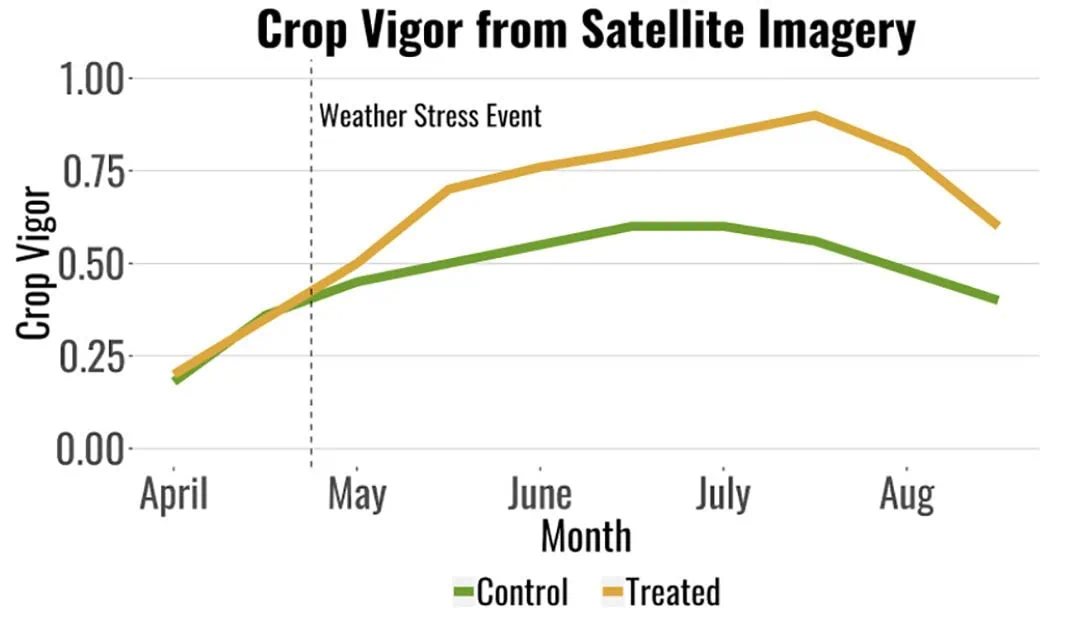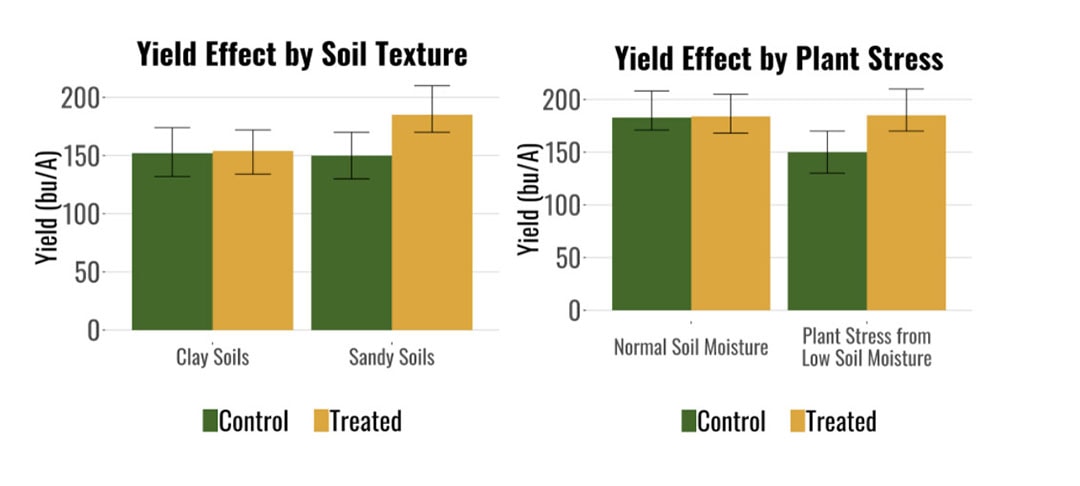The largest testing of new agricultural products in history

What’s involved in the Farmers Business Network farm-based trials of new products and technologies, in 2022.
Farmers Business Network (FBN), a global farmer-to-farmer agriculture firm, is now accepting applications for its 2022 ‘On-Farm R&D Trial Program,’ hoping to greatly expand the testing that’s occurring right now. The FBN member network spans 27,000 farmers across 70 million acres.
FBN: Real-world testing program
FBN describes the On-Farm R&D initiative as “a one-of-a kind real-world testing program for sustainable agriculture and innovative technologies that connects developers of agricultural technology solutions – from biologicals to robots and sensors – directly with farmers and large scale, on-farm, real-world testing environments.”
FBN began in 2016 in the US as an online site where its members could compare prices for seed varieties. It expanded to enable price comparisons for other crop inputs, and then added the ability to purchase inputs. It is now offering its own soybean and corn varieties in the US.
FBN members can also now access low-cost input financing and crop insurance, and even health insurance.
However, a big part of the FBN vision is for farmer-members to benefit from the power of ‘big data.’ See the recent story here in Future Farming on what data analysis services FBN currently offers.
Text continues underneath image

Testing on thousands of farms
FBN asserts that both its members and developers of new technologies or products need large-scale real-world testing in order to accelerate the commercialization of innovation. This type of huge testing ground, says the firm, will also benefit the environment.
Matt Meisner, FBN vice president of Research, Development and Data Science, says that product developers applying to have their products tested in FBN trials can be based anywhere in the world, as long as regulations permit import of products to the US, Canada and/or Australia for trial purposes.
Current trials
In the 2021 season, the program was quickly oversubscribed. “We’re running dozens of trials in 2021, in 15 different US states, covering corn, soybeans, wheat and canola,” says Meisner. “All 2021 trials are taking place in the US, but we’re working with product developers from five different countries. Current trials cover about 20 products, which span a diverse range of technologies ranging from biostimulants to biopesticides to novel nutrient-use efficiency technologies.”
These technologies, he explains, are very diverse – some are designed to enhance nutrient uptake by the plant, some to directly kill pests, some to mitigate plant stress and some to improve soil health.
Row crops were the main focus in 2021, so trials were largely centered around the US Corn Belt, the Plains and the South.
Text continues underneath image

2022
“In 2022, we will consider trials in specialty crops as well,” says Meisner. “In 2022, we expect to run hundreds of trials across dozens of products. We select the products based on the technology’s scientific merit, commercial potential, and potential to have a large impact on the sustainability and profitability of FBN member farms.”
Applications for innovators to test products from the US, Canada or Australia can be submitted on FBN’s website and applicants are encouraged to apply by September 1, 2021 to guarantee consideration for 2022 trials.
New trial dashboard
For the 2022 trials, FBN will also introduce a new trial dashboard, enabling participants to track the status of their trials in real time and access detailed agronomic, weather and performance data.
The only data shared with manufacturers will be data from farmers who opt-in to participate in the program and explicitly consent to provide their data for this purpose.
Text continues underneath image

Why take part
Trial participation for FBN members comes with “tangible incentives” because without farmers, there would be no gathering of real-world data.
These benefits include no charge for trial products, access to free on-the-ground agronomy support during the trial, access to the data generated from the trial on their farm, and a financial incentive for running the trial and submitting the data. This last incentive varies based on the complexity of the trial.
Meisner adds, however, that “what attracts most farmers to the program is not the financial incentive, but rather the chance to play a critical role in the testing and validation of new technologies, and the chance to see firsthand how new technologies perform on their farms.”
Join 17,000+ subscribers
Subscribe to our newsletter to stay updated about all the need-to-know content in the agricultural sector, two times a week.



